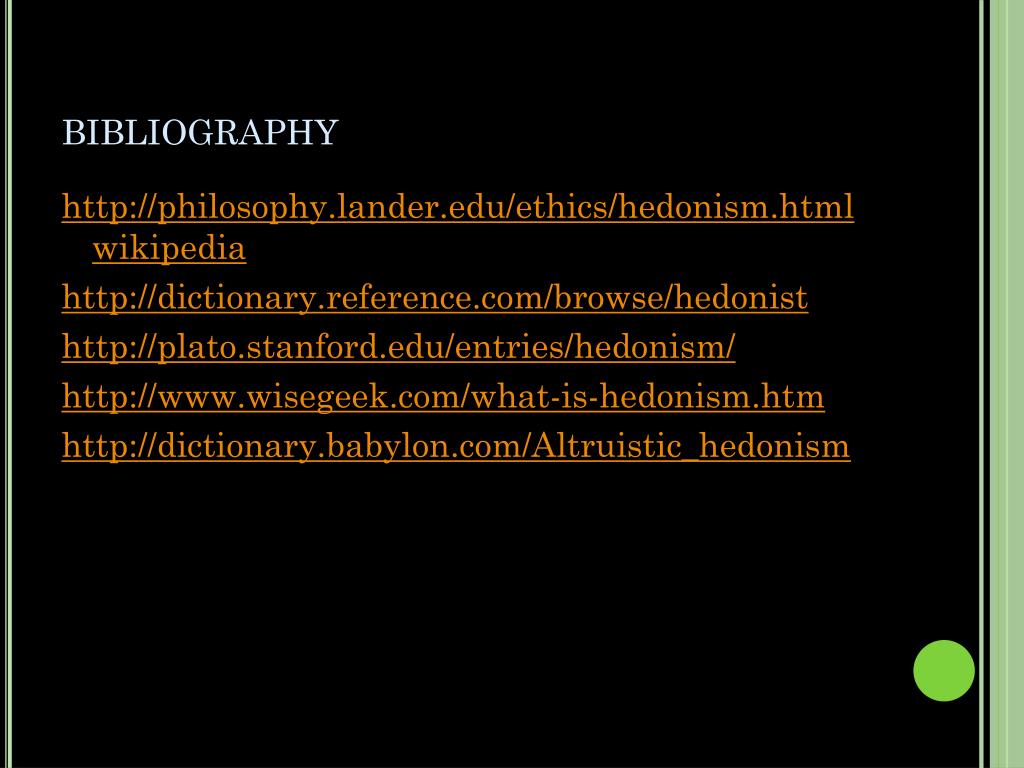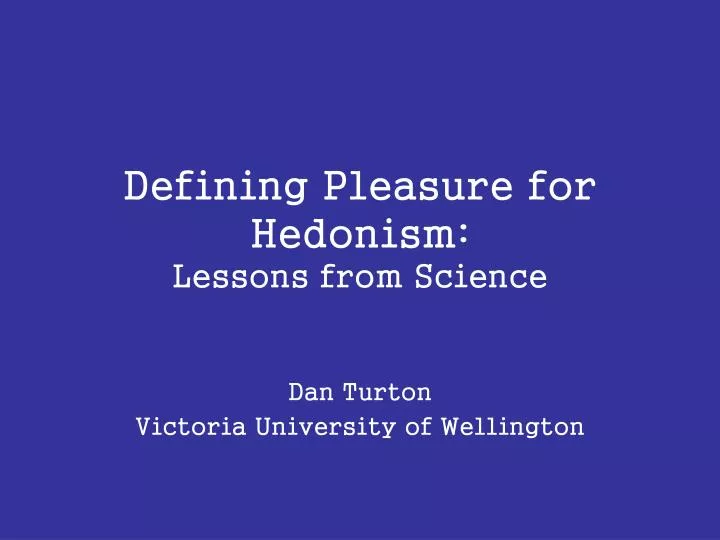

On the other hand, the main goal of hedonism is to indulge oneself, not other individuals. As for hedonism, some of its types include: normative, motivational, egotistical, and altruistic. TypesĪltruism has four types: nepotistic, reciprocal, group-based, and moral. For Epicurus, an Ancient Greek philosopher, hedonism is living a life of pleasure by eradicating bodily and mental pains and it can be achieved by not desiring what we do not naturally need. DefinitionĪltruism is defined as the belief in self-sacrificing concern for others’ welfare while hedonism is the pursuit of self-indulgence. For instance, declaring a special event as a non-working holiday with pay benefits the masses.ĭifference between Altruism and Hedonism EtymologyĪltruism is based on the Latin word “alteri” which means “other people” while hedonism came from the Greek word “hedone” which means “pleasure”. This states that a pleasure-seeking activity is ethical if it seeks to benefit all people. For example, an egotistical hedonist eats everything on the table even if it means that others will have to starve. This is merely considering one’s own pleasure in making decisions.

For example, children do their homework to avoid punishment and they study hard to get stars, praises, or other kinds of rewards. It argues that only pleasure and pain dictate people’s choices. For instance, in choosing academic and career paths, the ultimate question is “What makes me happy?”. It is the idea that pleasure should be everyone’s primary motivation. Hedonism may be classified in different ways. Thus, the Epicurean lifestyle is actually characterized by temperance living on bread and water is enough.

Hedonism is also a school of thought which believes that pursuing pleasure and avoiding suffering are the keys to favorable well-being. Its antonyms include self-controlled, self-denying, abstinent, spartan, and ascetic.

It is synonymous with gratification, enjoyment, epicureanism, and debauchery. Hedonism came from the Greek word “hedone” which means “pleasure” it is stereotypically the pursuit of self-indulgence. This is exemplified by an individual helping a rival who is need. This type is regarded as the highest as it is a direct concern for others, regardless of status or background. For instance, a teammate is helping another player to improve his skills. This type involves showing concern for a co-member. For example, you paid the bill because your friend also took care of the tab the last time you had lunch together. This is evident when there is an exchange of favors. It is based on practicing the “give and take” principle. This type is family-based for instance, a mother is willing to forgo her career ambitions for the sake of motherhood duties. The following are the four types of altruism: Some of its antonyms are selfishness, hard-heartedness, ruthlessness, and mercilessness. Some of the synonyms of altruism are benevolence, kindness, social conscience, and charity. Altruism is based on the Latin word “alteri” which means “other people” it is defined as the belief in self-sacrificing concern for others’ welfare.


 0 kommentar(er)
0 kommentar(er)
